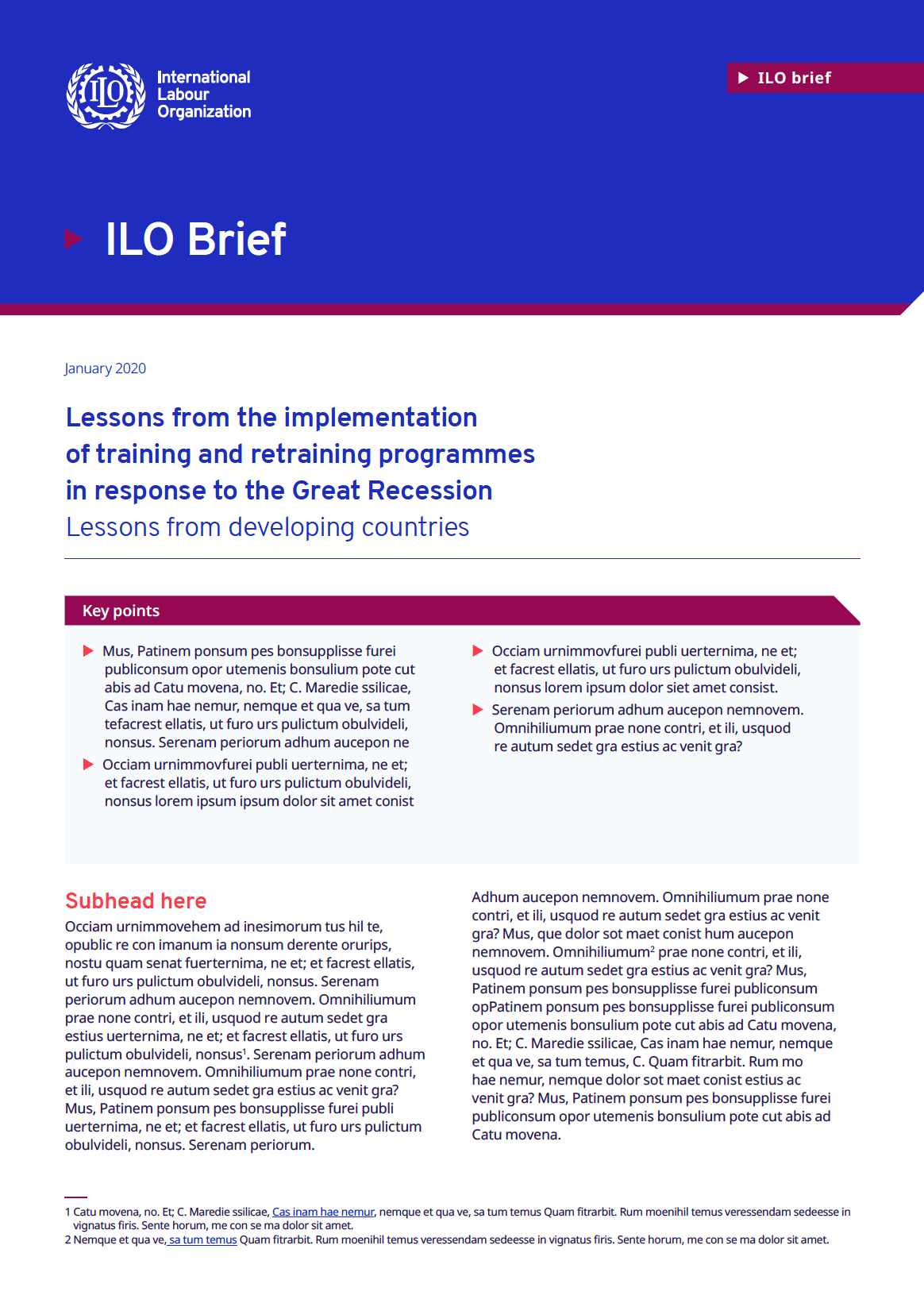Malte
This study examines the way in which institutional arrangements for the delivery of IVET have changed in response to shifts in skills demand.
Although these arrangements vary across countries, it is possible to identify common trends over time, such as institutional hybridisation, the blurring of boundaries between IVET and general education. Despite this development, IVET has been able to retain a distinct identity, which is attractive to learners and has the support of key labour market actors. This reflects IVET’s adaptability and resilience in the face of change.
Building on a Europe-wide survey of VET providers and in-depth national case studies, the study delivers a timely update of, and insight into, the continually changing IVET landscape. Results show increasing similarities in how countries configure their IVET systems. This is evident in the broadening of IVET curricula, the prominence given to the work-based learning pathway, as well as the growing importance attached to local and regional autonomy.


